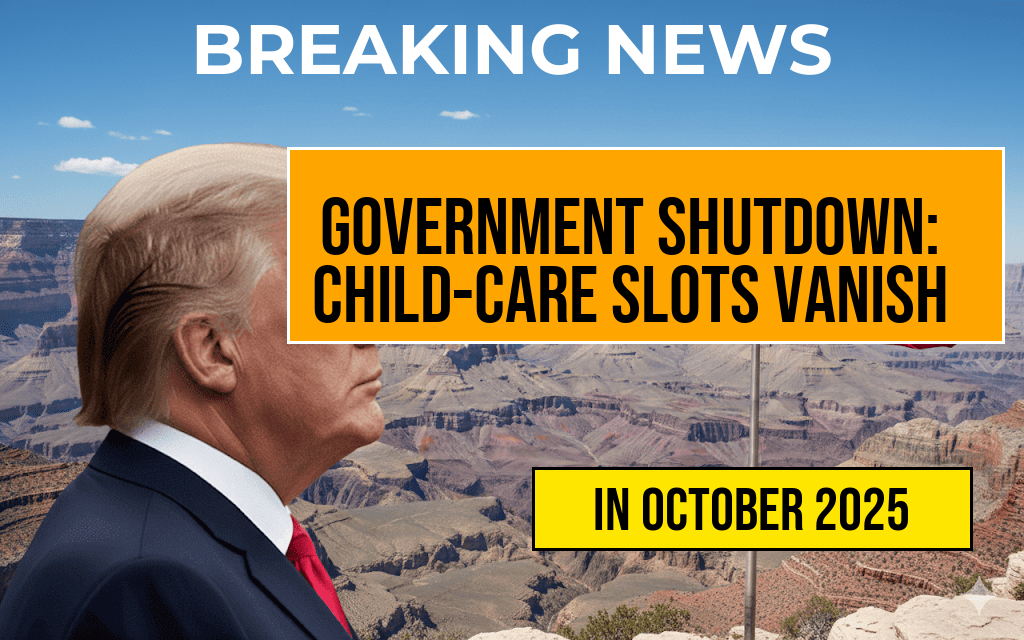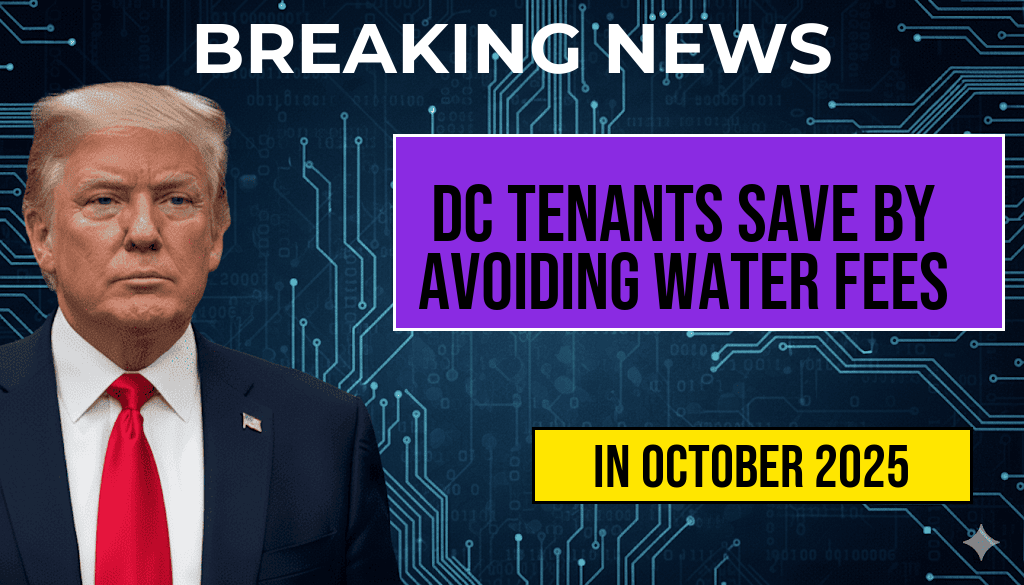In a significant development for borrowers across the United States, thousands of individuals recently received emails confirming the forgiveness of their student loan balances, now reflected as $0 in their accounts. This unprecedented move is part of ongoing efforts by the federal government to alleviate the burden of student debt, which has been a growing concern for many Americans. The implications of this decision extend beyond personal finances, potentially reshaping the landscape of higher education funding and economic stability. As these borrowers celebrate their newfound financial freedom, questions arise about the long-term effects on both the economy and the future of student loans.
Understanding the Forgiveness Program
The recent wave of student loan forgiveness is attributed to changes in policy aimed at addressing longstanding issues within the student loan system. The U.S. Department of Education has implemented measures to rectify inaccuracies in loan servicing and ensure that borrowers receive the relief they are entitled to. This initiative is part of a larger agenda to reform student loan programs and provide equitable solutions for those struggling with debt.
Who Benefits from the Forgiveness?
- Borrowers with federal student loans
- Individuals who have been in repayment for an extended period
- Those who qualify for specific relief programs based on financial hardship
- Participants in income-driven repayment plans
As a result, many borrowers who had previously been burdened by large loan balances are now experiencing a transformative moment in their financial lives. For some, this could mean the ability to invest in a home, save for retirement, or simply enjoy a higher quality of life without the stress of monthly loan payments.
Economic Implications
The ripple effects of this mass forgiveness extend into broader economic considerations. With more disposable income, forgiven borrowers may contribute to consumer spending, stimulating local economies. According to recent studies, increased consumer spending can lead to job creation and economic growth, further benefiting communities nationwide.
| Factor | Impact |
|---|---|
| Increased Consumer Spending | Boosts local businesses and stimulates economic growth |
| Home Purchases | Increased demand in housing market |
| Investment in Education | Encourages further enrollment in higher education |
Challenges Ahead
Despite the positive response to the forgiveness emails, challenges remain. Critics point out that while immediate relief is beneficial, it may lead to further complications in the student loan system. Concerns about the sustainability of such programs and the potential for increased tuition costs are prevalent. Educational institutions may respond to the influx of forgiven debt by raising tuition rates, leading to a cycle of debt that could undermine the initial relief efforts.
Future of Student Loans
The future of student loans in the U.S. is at a pivotal juncture. Policymakers are tasked with balancing the need for accessible education with the realities of economic health. As the government navigates these waters, stakeholders from students to educational institutions will be watching closely.
What Borrowers Should Know
For those who have received forgiveness, it is essential to stay informed about the terms and implications of their new financial status. Borrowers should consider the following:
- Review any correspondence from their loan servicer carefully
- Understand the tax implications of forgiven loans
- Explore options for saving or investing newfound funds
As the landscape of student loans evolves, borrowers must remain proactive in managing their finances. The recent wave of forgiveness is a significant step, but it is crucial to approach the future with caution and awareness of potential changes in the educational funding system.
For further information on student loan forgiveness and economic impacts, readers can refer to reputable sources such as Forbes and Wikipedia.
Frequently Asked Questions
What does it mean to receive a forgiveness email regarding loan balances?
Receiving a forgiveness email indicates that your loan balance has been officially forgiven by the lender, meaning you no longer owe any money. This can significantly impact your financial situation by reducing your debt load to $0.
How will the forgiveness of loans affect my credit score?
The forgiveness of loans can have a positive impact on your credit score as it reduces your overall debt-to-income ratio. However, it’s important to monitor your credit report to ensure that the forgiven loans are reflected accurately.
Are there any tax implications for receiving loan forgiveness?
In many cases, loan forgiveness may be considered taxable income. It’s advisable to consult with a tax professional to understand any potential tax liabilities associated with your forgiven balances.
What should I do if my balance still shows as owed after receiving the email?
If your balance still appears as owed despite receiving a forgiveness email, you should contact your lender immediately to clarify the situation and ensure that the forgiveness has been processed correctly.
How can I use the savings from my loan forgiveness?
With your loan balance showing $0, you can allocate the funds you would have spent on repayments towards other financial goals, such as savings, investments, or paying down other debts.













